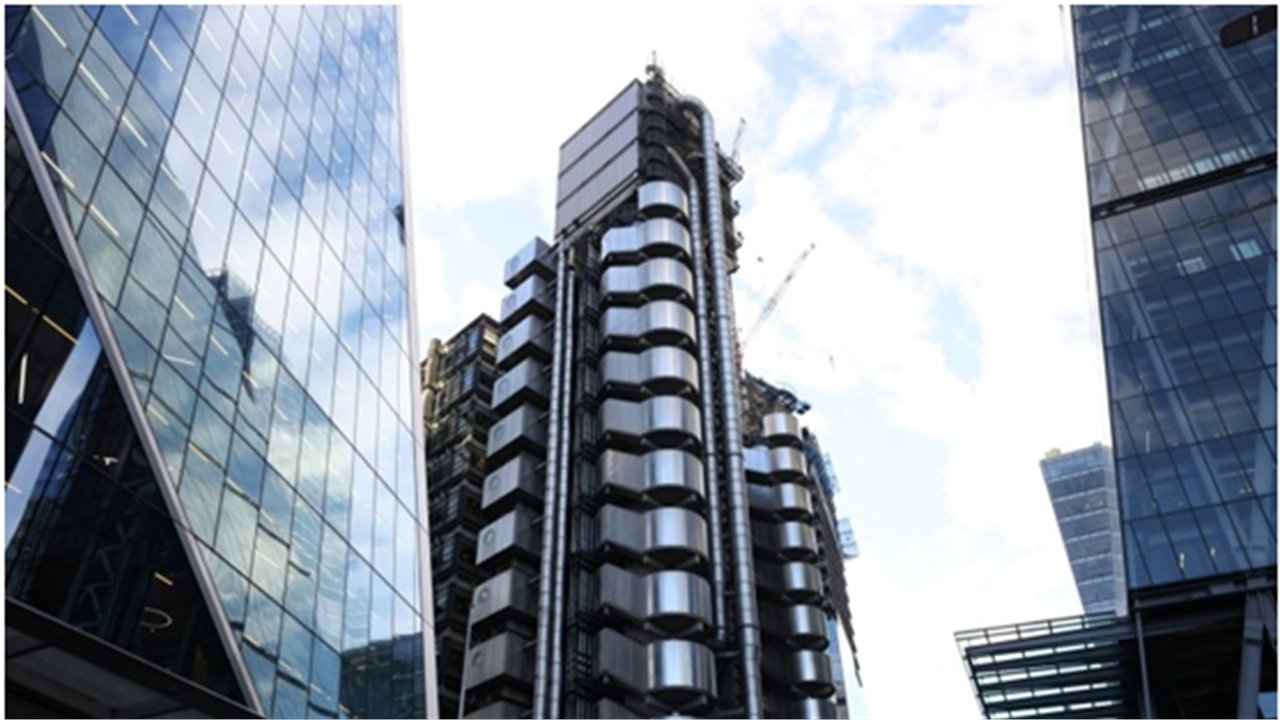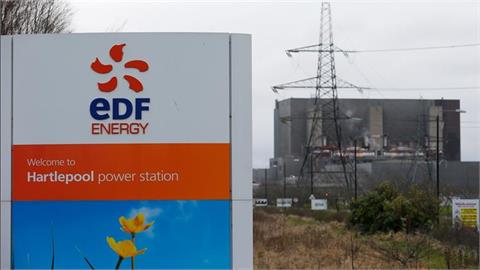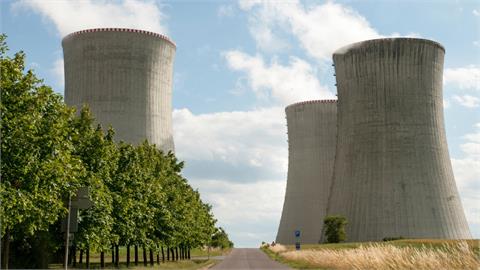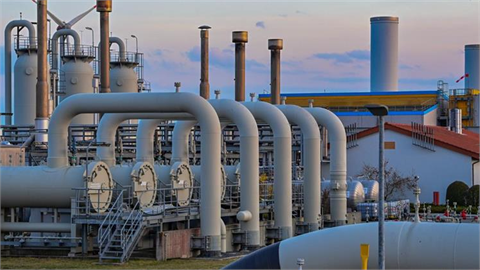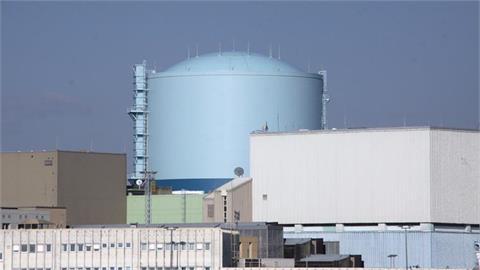The new chief executive of Lloyd’s of London has set out plans to grant “more freedom” to insurers trading at the marketplace, scrapping his predecessor’s commitment to end their coverage of the most polluting fossil fuels.
Patrick Tiernan told the Financial Times that Lloyd’s will no longer ask insurers to stop providing insurance cover for coal or other planet-warming fossil fuels.
The Lloyd’s boss’ stance comes after US President Donald Trump ditched dozens of clean energy programmes in favour of fossil fuels, and urged oil and gas companies to “drill, baby, drill”. Eleven Republican states last year sued big fund managers for allegedly conspiring to curtail coal supplies.
Tiernan said “we respect the laws of the land” in the countries where insurers at Lloyd’s operate, adding the corporation defers to “the energy mix that the government of [a] jurisdiction chooses”.
The comments by Tiernan, who took over as Lloyd’s boss in June, break with a pledge by the corporation in 2020 to end insurance cover for and investment in thermal coal-fired power plants, thermal coal mines, oil sands and new Arctic energy exploration.
The corporation, then led by chief executive John Neal, said that, as of 2022, insurers at Lloyds would be “asked to no longer provide new insurance coverages or investments in these activities”.
Tiernan said: “Lloyd’s strength is that it’s apolitical. It’s important we don’t wade into issues we don’t need to?.?.?.?Lloyd’s needs to remain apolitical, so we preserve that role when times are choppy in the regions where we operate.”
He added “as a marketplace, we are subject to competition law [and] antitrust laws”.
Lloyd’s, based at the famous inside-out building in the City of London, houses a centuries-old market made up of more than 50 insurers and hundreds of brokers, selling specialist insurance and reinsurance policies covering everything from trade disruption to hurricanes.
The US accounts for about 50 per cent of business at Lloyd’s, making it the single largest economy for the corporation.
Even before Trump’s second term in the White House, local and state governments in the US and business leaders had hit out at efforts by large investors such as pension funds to divest from fossil fuels, criticising the moves as anti-competitive and restrictive of growth.
Tiernan is part of a new leadership team at Lloyd’s. Sir Charles Roxburgh, who became Lloyd’s chair in May, is married to Dame Karen Pierce, who developed a close working relationship with Trump as Britain’s former ambassador to the US.
Lloyd’s and the broader insurance and reinsurance market have enjoyed a string of highly profitable years as buyers of cover have increasingly focused on managing extreme weather events, geopolitical risks and other sources of volatility.
But the elevated profits have drawn more capital into the industry, leading insurance prices across the Lloyd’s market to fall about 3.5 per cent as of mid-year, according to the corporation.
Tiernan said the task of Lloyd’s was to ensure a “disciplined” approach so prices did not slip too much.
Lloyd’s “combined ratio” — a measure of claims and costs as a share of premiums — rose to 93 per cent during the first half of 2025, up from 84 per cent for the same period last year.
The corporation reported pre-tax profit of £4.2bn for six months to June, compared with £4.9bn in the first half of 2024.
Insurers at Lloyd’s paid claims totalling £14bn in the first six months of this year, including losses from settlements after aircraft were stranded in Russia due to its invasion of Ukraine.
This story has been corrected to remove a reference to Dame Karen Pierce being invited to attend a banquet as part of President Trump’s visit to the UK this month.
(Financial Times, September 4, 2025)
